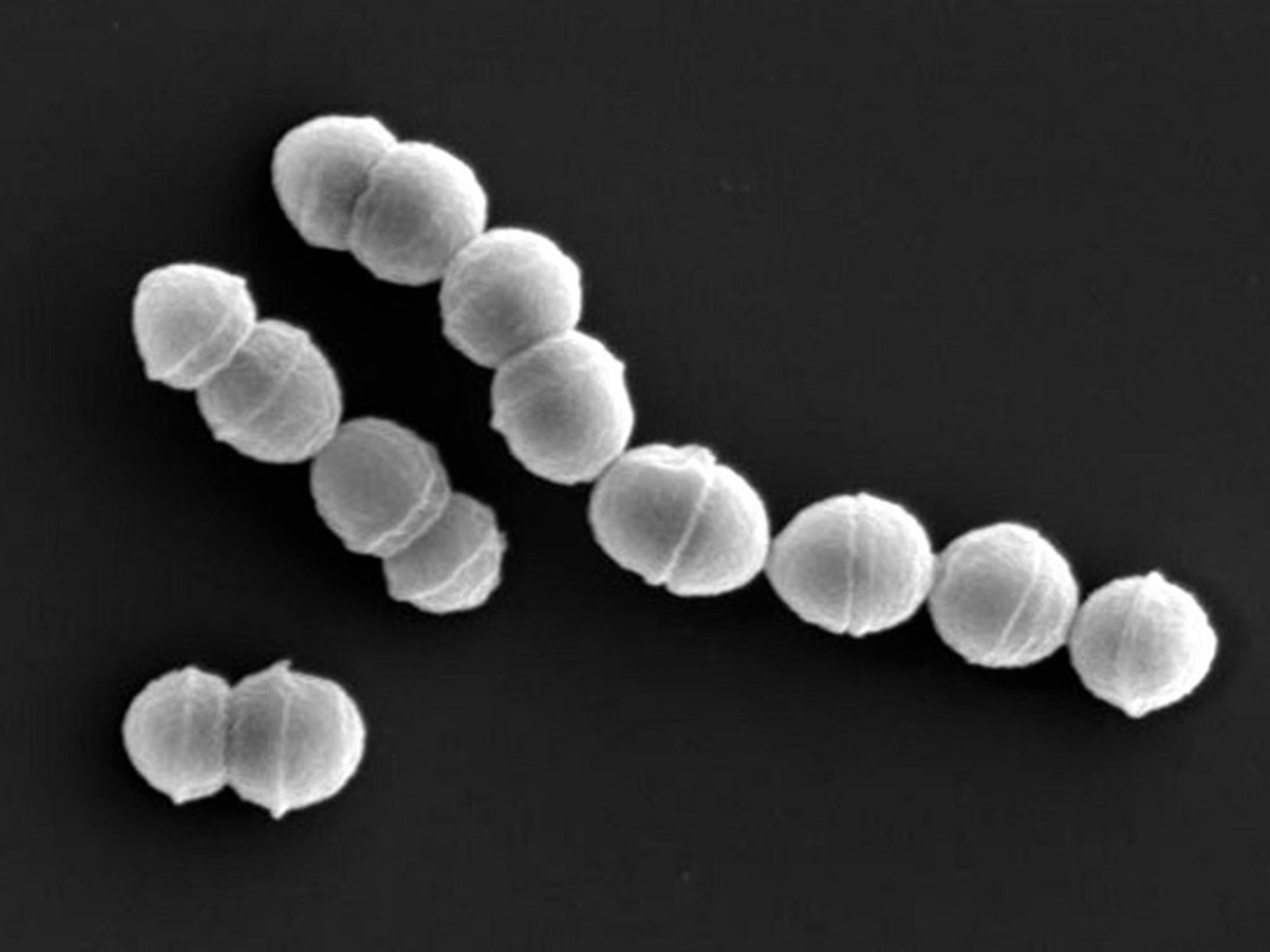What is STSS, the deadly flesh-eating bacteria on the rise in Japan?
Over 1,000 cases of streptococcal toxic shock syndrome (STSS) were reported in Japan in the first six months of 2024

A rare, deadly, flesh-eating bacteria is on the rise in Japan, with hundreds of people infected.
Over 1,000 cases of streptococcal toxic shock syndrome (STSS) were reported in Japan in the first six months of 2024, surpassing the total number recorded last year in the country.
The disease is predominantly caused by a bacterium named Streptococcus pyogenes, commonly known as group A streptococcus.
STSS can be fatal in some cases, with 77 deaths from the illness recorded by Japan’s National Institute of Infectious Diseases in March. The institute has warned that the disease can kill you in a matter of days.
But despite a record number of cases of streptococcal toxic shock syndrome (STSS) this year, the cause for the increase remains unknown.
What is STSS?
Streptococcal toxic shock syndrome is a severe illness caused when Group A Streptococcus bacteria spreads into the blood and deep tissues, according to the US Centers for Disease Control and Prevention (CDC).
Open wounds or sores, diabetes and alcohol usage are all factors that can increase the risk of contracting STSS. The disease is most common in over 65s.
Symptoms of STSS include fever, chills, muscle aches, nausea and vomiting, according to the CDC.

The disease can be more serious when it occurs with necrotizing fasciitis, a flesh-eating form of Group A Strep bacteria that STSS is “highly associated with”, and destroys muscles, skin and the underlying tissues, according to Penn Medicine.
Andrew Steer, director of infection, immunity and global health at Murdoch Children’s Research Institute in Melbourne, Australia has warned that those suffering from STSS often have no prior warning signs.
“You tend to be well, and then become acutely quite sick,” he said, adding that a sunburn-like rash could also be one of the first indications of infection.
Within 24 to 48 hours, blood pressure drops, followed by organ failure and a rapid heart rate and breathing, according to the CDC. It is vital to go to a hospital as soon as possible where the infection can be treated with antibiotics, surgery or intravenous fluids.
What is causing the outbreak in Japan?
The exact cause of the outbreak of STSS in Japan is unknown. However, Japan’s Health Ministry has suggested that the relaxation of coronavirus measures could be a contributing factor in the rise.
Despite the increase, the ministry has insisted that it is still safe to travel to the country, but has warned travellers to take precautions including washing hands and cleaning wounds to prevent infections.
Meanwhile, experts have warned that STSS has been around for hundreds of years but is still fairly uncommon.
“It’s still an uncommon infection, but the community and doctors should be aware that there is an increase in the number of cases,” Steer said.
The US reported 145 cases of STSS in 2021.
Join our commenting forum
Join thought-provoking conversations, follow other Independent readers and see their replies
Comments
Bookmark popover
Removed from bookmarks